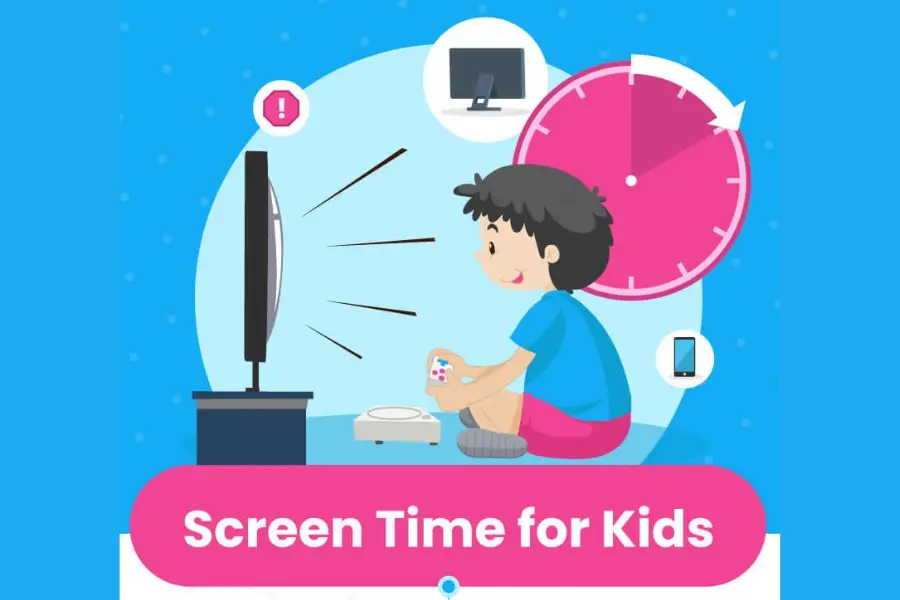
Screens have today become an imperative part of the lives of not only adults but children too. From tablets to mobile phones to Television and more, kids right from the age of 1 are exposed to the world of screens. Digital devices have become integral to learning and entertainment in every household. However, extended screen time poses a serious threat to children, especially their precious eyes. And that’s where the important question arises, ‘How much screen time is too much for children?’
In this blog, Dr. Nandita Rane, a trusted eye doctor in Chembur, will discuss the amount of time children must spend in front of the screens and the matters related to children’s eyes and digital screens.
As per a guideline by the American Academy of Child and Adolescent Psychiatry, the following must be considered to regulate children’s screen time:
Dr. Nandita Rane- the best eye specialist in Chembur believes that like the two sides of a coin, everything has its pros and cons, and so does screen time. If used optimally, it can significantly contribute to a child’s growth and if left unattended, it can hamper one's growth too.
While concerns about screen time exist, it is essential to acknowledge the educational benefits technology can offer. Interactive and age-appropriate educational apps, websites, and programs can enhance learning and cognitive development. Parents should focus on the quality of screen time rather than solely fixating on the quantity.
Establishing healthy screen time boundaries requires a collaborative effort between parents, caregivers, and children. Clear guidelines and consistent routines can help strike a balance between screen time and other activities. Implementing screen-free zones, such as during meals and before bedtime, fosters better family connections and improves overall well-being.
Navigating the landscape of screen time for children demands a nuanced approach that considers both the advantages and risks associated with technology. By staying informed, fostering open communication, and setting clear boundaries, parents can guide their children towards a balanced relationship with screens. Ultimately, the goal is to harness the benefits of technology while safeguarding the physical and mental well-being of the younger generation in this digital age. Connect with an expert like Dr Nandita Rane- a trusted eye specialist in Chembur to learn more ways to improve children’s relationship with screens.